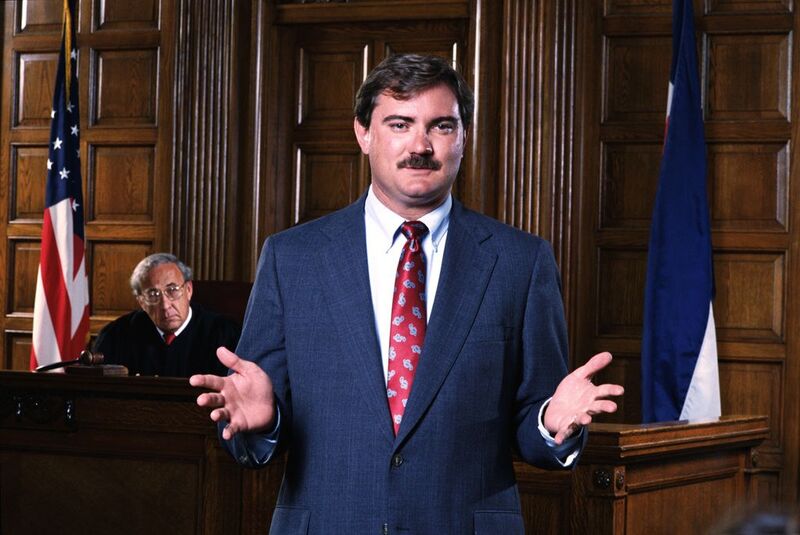 At some point in your life you may be involved with a “Grand Jury.” This may be because you are summoned to be a juror on a Grand Jury or could be because you are a potential defendant in a case that is being heard by a Grand Jury. Like most people, you have likely heard of a Grand Jury; however, you may not really know what one is, leaving you wondering what is a Grand Jury? Whether you are a potential juror or potential defendant it is in your best interest to gain a better understanding of the answer to that question.
At some point in your life you may be involved with a “Grand Jury.” This may be because you are summoned to be a juror on a Grand Jury or could be because you are a potential defendant in a case that is being heard by a Grand Jury. Like most people, you have likely heard of a Grand Jury; however, you may not really know what one is, leaving you wondering what is a Grand Jury? Whether you are a potential juror or potential defendant it is in your best interest to gain a better understanding of the answer to that question.
All states, as well as the federal judicial system, have the ability to convene a Grand Jury; however, only about half of the states regularly use Grand Juries. Despite the name, a Grand Jury does not decide guilt or innocence as does a jury in a criminal trial. What a Grand Jury can do is investigate alleged criminal conduct and determine if charges should be brought against suspects.
Jurors for a Grand Jury are selected from the community in the same way jurors for a trial are selected, usually from registered voter lists and/or registered motorists. A typical Grand Jury is made up of 16-23 jurors. As an investigative body, a Grand Jury has the legal authority to do things such as compel the production of documents and summon witnesses to testify. In jurisdictions where Grand Juries are used they are most often used only for major felony cases and/or high profile cases..
Although the Grand Jury has a significant amount of legal authority and potential power, the actual proceedings are much more informal than in a courtroom. In fact, there is no judge present when a Grand Jury meets and often no lawyers, except for the prosecuting attorney. The Prosecuting attorney will essentially present the facts to the jury, as if the case were actually being tried, in order to get the Grand Jury’s opinion on whether criminal charges should be filed against anyone or not. In many ways a Grand Jury is like a “test run” for the prosecution. If the jury votes to indict, or file charges, it is certainly a positive sign for the prosecution that their case is strong.
Unlike a criminal trial, a Grand Jury does not need a unanimous decision in order to indict someone. They do need a majority though. Most jurisdictions require a two-thirds or three-fourths majority in order to return a decision to indict. A prosecutor can decide to indict even if the Grand Jury does not vote to indict; however, more often than not the prosecutor follows the decision of the Grand Jury.
If you have additional questions relating to the Grand Jury, or you been charged with a criminal offense, in Nebraska contact Petersen Criminal Defense Law 24 hours a day at 402-509-8070 to discuss your case with an experienced criminal defense attorney.


